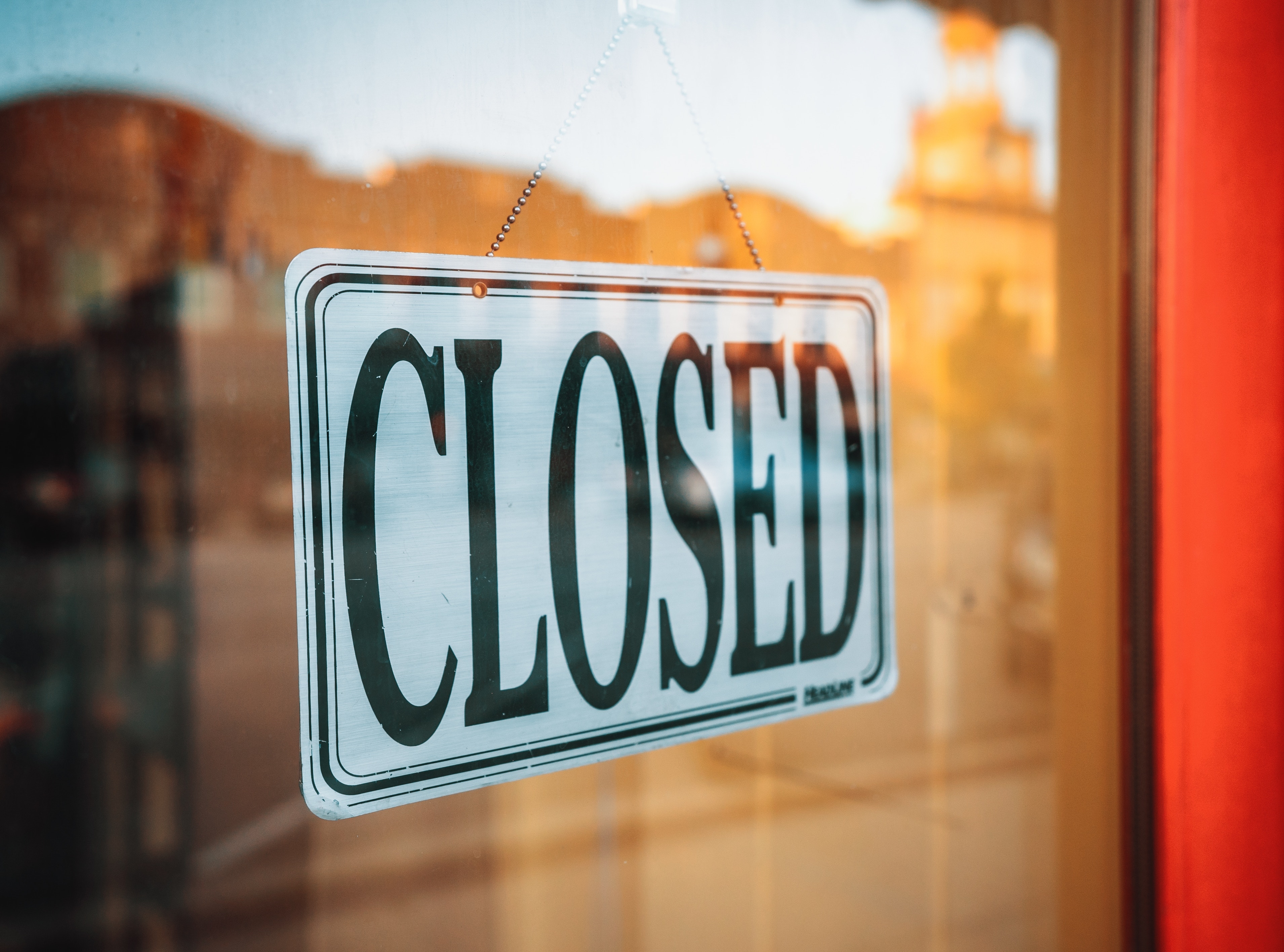Lake City is changing. Or rather, the rest of corporate Seattle is corrupting this weird little neighborhood I’ve called home for the last year and a half.
That’s right, readers: Lake City’s Value Village will close permanently this Saturday. And I. Am. Devastated.
I’m sure my reaction to Lake City’s Value Village’s closing seems dramatic. Many life long locals will chuckle at my instant nostalgia because of course, the Lake City I know is already a bastardized version of the neighborhood it was five–even two–years ago. However, I ask that you keep in mind that I am a St. Louis native, where change occurs so slowly that it took my neighborhood mall my entire childhood, adolescence, and early adulthood to die before being demolished the year I moved to Seattle at the age of 25. I’m just not used to fast, city-wide change.
As I’ve stated in previous blogs, the Midwest’s resistance to change–and Seattle embracing of it–is a big reason why I moved here in the first place. Still, I am woefully unprepared for changes that are not in my favor.
My Value Village was a magical place. My friends and I often joked that you need only put something on your dream board and Value Village would provide it to you when you were ready. Seriously though: the majority of our belongings have been sourced secondhand from the Lake City location.
Not only has this “brand loyalty” saved my fiance and I a ton of money outfitting our kitchen, bedroom, closets, garden, and even our wedding, it’s given items that would have ended up in landfills new life. I would argue that this is why even though there are other secondhand stores in surrounding neighborhoods, we need more–not less–of the same. Certain crazy hippies like me will go the extra mile to get their belongings secondhand, but the majority of people need sustainable habits to be as convenient (if not more convenient) than unsustainable habits. These habits include:
- Buying secondhand rather than buying their things brand new from more conventional retail establishments
- Buying locally to create jobs, reduce shipping carbon emissions, and reduce packaging waste rather than buying online (looking at you, Amazon.com)
- Donating their unwanted items for future use rather than throwing them away
On a more personal level, I’m sure to miss the weird, friendly sales associates that shared my opinions on the perfect pair of wedges or an indie board game I used to play in college. And while shopping at the nearest Goodwill supports great job programs and other important work, I won’t be supporting a non-profit I’m passionate about—Big Brothers Big Sisters–which is directly connected with the Savers company.
My last issue with store’s closure is a currently hypothetical one: that I am almost certain a new apartment complex will replace it. They’ve cropped up like weeds all over the neighborhood to make room for the floods of people like me migrating here. They represent a neighborhood that is being noticed and becoming trendy, and therefore becoming as unaffordable as the rest of Seattle. They represent an the end of a weird, independent, locally-sourced, and affordable era, and only time will tell if this ever growing and changing city is a sustainable one.
